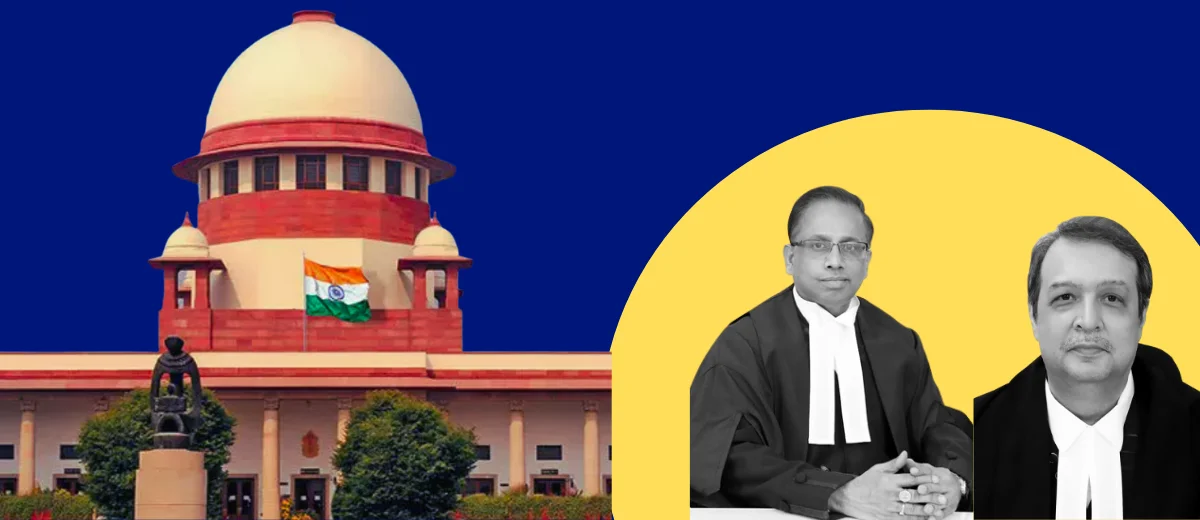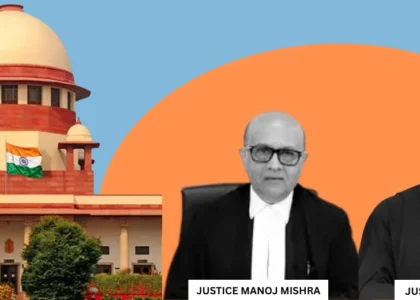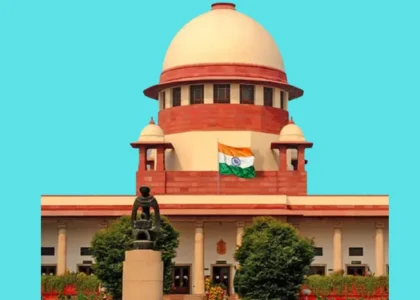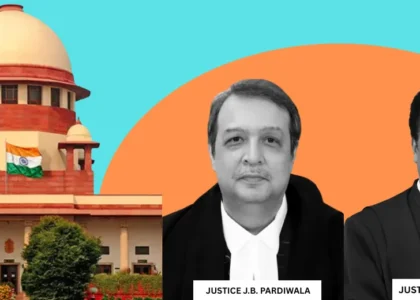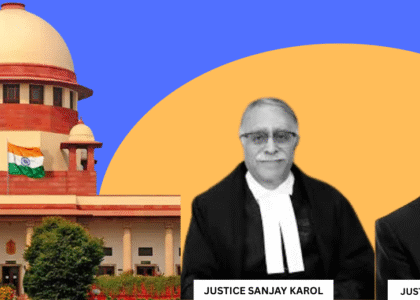Tags:- Order XLI Rule 5 of the Code of Civil Procedure, Not Mandatory
Case Title:- LIFESTYLE EQUITIES C.V. & ANR. vs. AMAZON TECHNOLOGIES INC.
Date:- 07.10.2025
Hon’ble Supreme Court Bench :- JUSTICE J.B. PARDIWALA & JUSTICE K.V. VISWANATHAN
The Hon’ble Supreme Court resolved the long-standing debate on whether deposit or security is an absolute precondition for staying a money decree. It clarified that it is not mandatory for the Appellate Court to impose a condition for deposit of the amount in dispute for grant of stay of execution under Order XLI Rule 5 of the Code of Civil Procedure, 1908 (“CPC”).
The dispute originated from a trademark infringement suit filed by Lifestyle Equities, along with its associate Lifestyle Licensing, against Amazon Technologies Inc., Cloudtail India Pvt. Ltd., and Amazon Seller Services Pvt. Ltd. The plaintiffs alleged that the defendants were selling apparel bearing a mark deceptively similar to their registered trademark “BHPC / Beverly Hills Polo Club.” During the proceedings, Cloudtail admitted liability and was directed to pay damages amounting to approximately Rs, 4.78 lakhs. The Respondent, Amazon Technologies, however, was proceeded against ex parte due to alleged failures in service of summons.
The Single Judge enhanced damages from Rs. 2 crore (original claim) to a massive Rs. 336 crore, without any amendment in the pleadings. Amazon appealed the decision and sought a stay on execution of the decree without depositing the entire amount. The Hon’ble Delhi High Court granted stay without requiring deposit, leading ‘Lifestyle Equities’ to approach the Hon’ble Supreme Court.
The Hon’ble Supreme Court settled the long-standing debate , Deposit or security is not mandatory for stay of execution of a money decree. The Court clarified that Order XLI Rule 5 CPC gives discretion to appellate courts; deposit is directory, not mandatory. The failure to deposit cannot lead to dismissal of the appeal itself.
The Hon’ble Court for the first time laid down the concrete criteria for when unconditional stay may be justified. Such a stay is permissible where the order:
- is egregiously perverse;
- is riddled with patent illegalities;
- is facially untenable; and/or
- such other exceptional causes similar in nature.
Further, the Hon’ble Court clarified :-
- Order XLI Rule 5 contains the provision for the grant or refusal of stay of execution of the decree by the appellate court under the CPC. It categorically stipulates that mere filing of an appeal against an order of execution, shall not ipso facto operate as stay of proceedings. Any execution proceeding or an order therein, shall be stayed only if a specific, reasoned order granting such stay is passed by the appellate court, after proper application of mind.
- For the grant of stay of execution of a decree in terms of Order XLI, a prayer to such effect has to be specifically made to the appellate court and the appellate court has the discretion to grant an order of stay or to refuse the same.
- Order XLI Rule 5(3) of the CPC provides for satisfaction regarding sufficient cause as a pre-condition for granting benefit of stay of execution of decree, and it casts an obligation upon the appellate court to record its satisfaction for stay of execution such decree
- The power of the Appellate Court to order stay of execution of the decree is circumscribed and made subject to the existence of a “sufficient cause” in favour of the appellant being shown. In order to ascertain whether a “sufficient cause” exists for the grant of stay of execution of a decree under Order XLI of the CPC, the appellate court as per sub-rule (3) of Rule 5 is required to examine:-
- Whether there will be substantial loss to the party applying for stay;
- Whether the application has been made without unreasonable delay; and
- Whether security has been given by the applicant for due performance of the decree.
- For the grant of stay of execution of the decree, the appellate court is required, after perusing the materials on record, to assign reasons for its satisfaction regarding the existence of a “sufficient cause”. Such reasons should be cogent and adequate. The reasons assigned must indicate the necessity for the status quo prevailing on the date of the decree and/or the date of making of the application for stay, to continue by granting stay, and not merely the reasons why stay should be granted.
- Although, Order XLI Rule 5 of the CPC, uses the word “shall”, yet a combined reading of the sum and substance of Rule(s) 1(3) and 5(5) would reveal, that for the grant of stay of execution, it is not mandatory for the appellate court to impose a condition for deposit of the amount in dispute. The aforesaid provisions make it abundantly clear that the appellate court, for the grant of stay of execution, has a discretion to impose a condition of deposit of the amount depending on the facts and circumstances of each case.
- A deposit is not a condition precedent for an order of stay of execution of the decree by the appellate court. The only guiding factor and statutory mandate, for the grant of such stay of execution as indicated in Rule 5, is the existence of “sufficient cause” in favour of the appellant, on the availability of which the appellate court would be inclined to pass an order of stay.
- For the grant of benefit of an unconditional stay of execution of a decree, an exceptional case has to be made out before the appellate court. This discretion of the appellate court to grant an unconditional stay of execution of decree must not be exercised arbitrarily. It must be exercised sparingly and only if an exceptional case is made out for such stay in view of the peculiar facts and attending circumstances of the case before it.
- A lodestar for bringing a case within the purview of “exceptional case” for the purpose of granting benefit of unconditional stay of the execution of money decree by the appellate court would be, if the money decree in question: –
- is egregiously perverse; .
- is riddled with patent illegalities;
- is facially untenable; and/or
- such other exceptional causes similar in nature
- For the purpose of the grant or refusal of stay of execution of the decree under Rule 5 of Order XLI, it is immaterial whether the decree is a money decree or any other decree. The language couched in the said provision is very clear. Order XLI, Rule 5 of the makes no distinction between a money decree and other decrees, and the said provision applies with full rigour in both instances. Yet as a rule of prudence and established practice evolved over a period of time, no stay of execution of a money decree should be granted, except on the condition that the decretal amount be deposited in the court. However, such condition for deposit cannot be said to be mandatory and non-prescription thereof does not operate as a bar to staying the execution of a money decree.
- There is no provision under Order XLI Rule 5 of the CPC imposing a mandate to deposit cash security as the only mode of security for execution of the decree. Security, for the purpose of the said provision, can be in the shape of property, bond and or in the form of an appropriate undertaking from the appellant to abide by the decree, seeking stay of execution.


